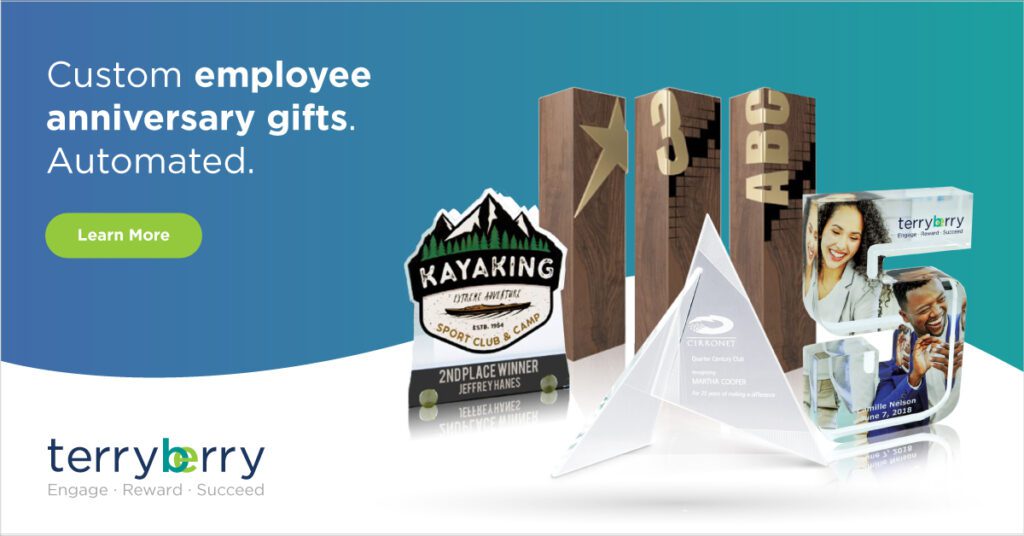May 27, 2022


Your business is not just the product of a select group of executives and managers. Everybody involved with the company has a role to play in its success. Employees of all levels are perhaps the most impactful influencers in everything from your day-to-day operations to your overall.
It’s important to remember that it isn’t always a given that this influence will be positive. If they feel they’ve been treated poorly, your workers’ behavior could certainly be disruptive. Indeed, their impact can also be neutral. If workers aren’t encouraged to push further, your business can remain stationary for longer than necessary. As such, it’s important to ensure that employees make the most positive contributions to your company.
So, let’s take a look at the subject of positive contributions. What are they, what are some key examples, and how can you encourage more of them?
What Are Positive Contributions?
Put simply, positive contributions are intentional actions that have a good effect on your company. Intentional is perhaps the most important word in this scenario. There are plenty of ways workers of all levels can achieve adequate outcomes for a company without really trying. Just showing up every day for work, performing as their job description dictates; these are passively effective on a company’s operations. But, a workforce that conforms to the minimum expectations is unlikely to result in success.
When we talk about positive contributions, these are the active ways in which workers influence the business. While there are various forms such activities can take, they are always driven by an intent to go beyond the basics expected of them. This is why it is so important to cultivate an environment in which workers regularly make positive contributions. These employees ensure your company will thrive.
Cultural Contributions
Your company culture has an effect on almost every other aspect of your operations. A strong culture exhibits a strong set of values that are shared throughout the organization and promotes the mutual wellbeing of all stakeholders. One of the most positive ways your employees can contribute to your organization is through their intentional engagement with your culture.
This could include:
- Bolstering Inclusivity
Inclusivity has to be a priority for all companies. This isn’t simply about creating a diverse workforce. Your business needs to actively incorporate inclusivity as a core part of your ethical and cultural values. Employees can make positive contributions to creating a true culture of belonging in various ways. They can commit to developing their self-awareness in this area, improving their understanding of negative behaviors such as microaggressions and how to address them. They can also hold management accountable when there are clear lapses in inclusivity that haven’t been addressed. Such actions help to make for a more supportive culture for everyone.
- Peer Recognition
Most companies will have some form of employee recognition program. However, one of the most valuable influencers of your company culture is regular peer recognition. This is where workers independently make efforts to celebrate their colleagues in ways that boost morale. Reasons for recognition could include hitting targets, overcoming hurdles, or achieving personal goals. In some circumstances, employees might verbally offer praise. Although, it can sometimes be useful for business to provide feedback channels for workers to nominate their colleagues for rewards.
Productivity Contributions
Productivity is among the basic expectations of all employees. After all, they need to regularly hit specific targets in order for your company to achieve its operational goals. This in itself isn’t a positive contribution. Rather, employee behavior evolves toward meaningful contributions when they make intentional efforts to adopt practices that boost the potential for higher productivity. These actions may address their own productivity, but they could also be directed toward their department or the entire company.
Some key examples here include:
- Effective Communication
Productivity isn’t just about your employees’ tendency to push themselves harder to achieve results. It’s about striving to adopt behavior that supports greater efficiency. When employees show commitment to effective communication, it is a clear example of a positive contribution in this regard. This could be in the form of consistent efforts to improve the clarity of their communications with customers, colleagues, and management. It may be that they are proactive in establishing the most effective and efficient communications platforms for each of their tasks.
- Commitment to Development
One of the key influencers of productivity is your staff members’ skill sets. The more they are able to hone their abilities, the greater the scope for good results. As such, a personal commitment to developing their skills should be seen as a positive contribution. This isn’t just about improving their current set of skills either. Employees that take the initiative to gain education or training in a wider variety of areas means they’re becoming more agile contributors. Indeed, if they are developing in areas of management and leadership, this is a clear sign that they are keen to have a more meaningful impact on the overall direction of your company.
Innovation Contributions
Your company can’t thrive if it stays static. Innovation across all areas of your business both helps you gain the competitive edge and creates a cutting edge company that workers want to remain a part of. Efforts to be innovative are therefore among the primary positive contributions employees can make.
Some of the key examples here include:
- Process Improvements
There’s a misunderstanding that innovation equates to only the major changes that disrupt the industry. However, innovation can occur in even the day-to-day activities of the company. Employees are usually best placed to assess what processes work and which can be made more efficient. Positive contributions occur when employees utilize a combination of practical insights and outside-of-the-box thinking to improve processes. Indeed, these types of incremental innovations can influence the practices of the entire business, building to make a holistically more effective company.
- New Products or Services
Your workers are at the front lines of your business and the industry as a whole. As such, these people have the best understanding of what the company has to offer. They may be intimately involved in the development, maintenance, and provision of your products and services. In which case, they know what works and where the issues lie. It could also be the case that they interact with consumers frequently and have a better awareness of pain points and other elements that aren’t yet being addressed effectively. Positive contributions occur when your workers independently utilize this knowledge to suggest or develop more innovative products to fill the gaps in the market.
How Can You Improve Positive Contributions?
Knowing some examples of positive contributions is all well and good. However, it’s also important to understand how you can motivate your employees to contribute more frequently.
You can:
- Incentivize Contributions
Nobody likes to think in purely transactional terms. However, it remains the case that going above and beyond deserves recognition. This isn’t just a matter of telling workers that if they make additional efforts, they’ll receive rewards in return. Rather, it’s about communicating to your workforce that you see and appreciate their dedication to making the business a better place for everyone involved. As such, your rewards need to be reflective of the contributions being provided. Commitment to development could result in pay rises and promotion opportunities. Innovations might be met with profit sharing.
- Seek Input from Workers
If you’re not getting a great deal of positive contributions from your workers, you need to gain data on why this is. There’s no better place to obtain this information than from the employees themselves. Utilize employee engagement surveys to gain a better understanding of what is holding employees back from going further for your business. Seek their opinions on their impressions of how the company responds to contributions. Ask qualitative questions for deeper insights into where improvements can be made to achieve greater engagement here. This shouldn’t just be a one-off effort, either. By frequently seeking insights in this way, you’re demonstrating to your workers that you take their viewpoints seriously.
Wrapping Up
Positive contributions are the intentional efforts your employees make to create a better company for themselves, their colleagues, and stakeholders. This could take the form of influencing a stronger culture, improving productivity, or spurring innovation. But it’s also important to remember that you have a role to play as a leader in encouraging such actions. By utilizing meaningful incentives and employee intelligence, you can ensure your workers feel empowered to impact your company’s trajectory.

